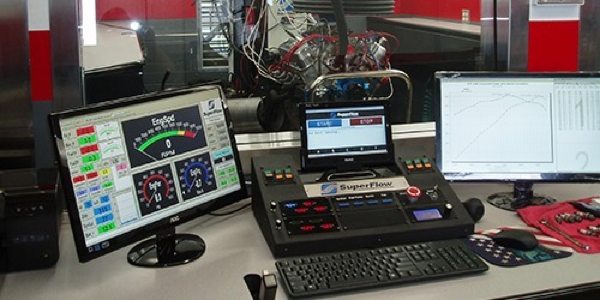What Makes a Racing Piston?
That clearly is an open-ended question because the answer will single out the uber-sophisticated pistons designed for Formula 1 and World Endurance Challenge (WEC), yet to be completely literal the response must acknowledge hand-modified cast factory pistons used in Hobby Stock racing at the local dirt track.
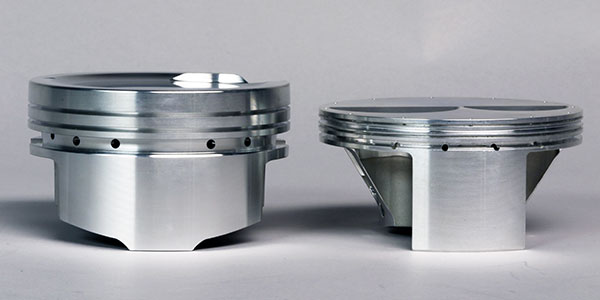
Cast and Forged Performance Pistons
If we consider the extreme environment of combustion pressures and high temperatures that regular cast replacement pistons operate in, it’s quickly apparent that when these values are increased it necessitates using a much more efficient component able to withstand these elevated levels.
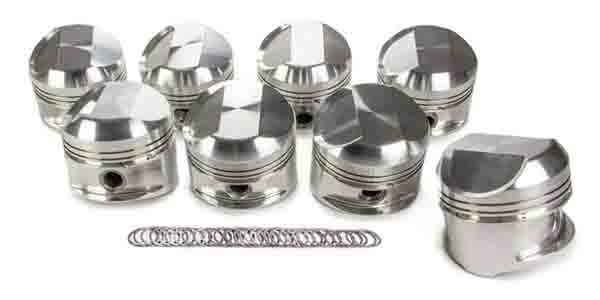
Engine (Business) Building 101
Every build starts with the end in mind. What are your goals? What are you trying to achieve? Building a successful business is no different.
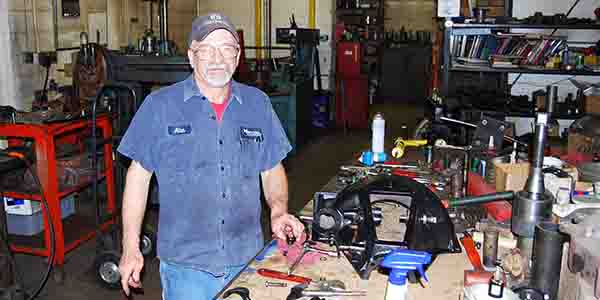
Getting Aboard with Inboard Marine Engines
Marine engine building is a niche market that is much smaller than the automotive market, but it can also be a very lucrative business for those with the know-how and experience.
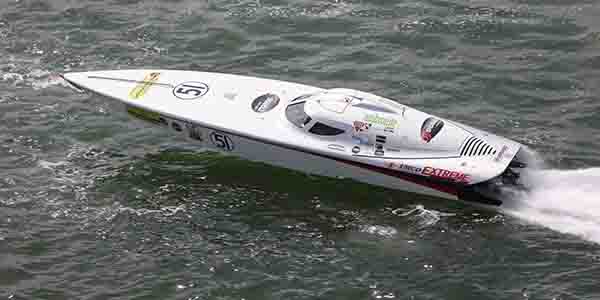
Crystal Balls and Beer Glasses
Between SEMA and AAPEX in Las Vegas in November to the Performance Racing Industry Trade Show in Indianapolis in December, the end of each year often gives us a chance to take a breath from the stress of the year’s engine building activities and start planning ahead.
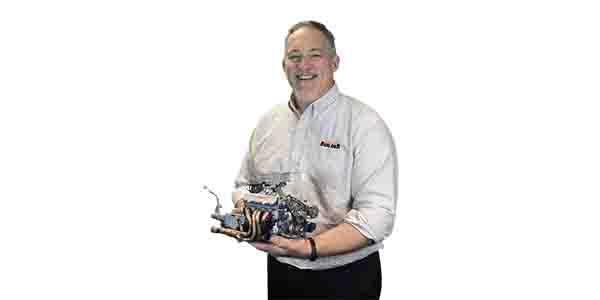
Understanding the Basics of Your Business – Taxes
They say nothing in life is certain except for death and taxes. In most parts of the world, taxes are part of life and certainly part of running an engine building business. In the US, large expenses associated with running an engine building business are federal, state and local taxes.
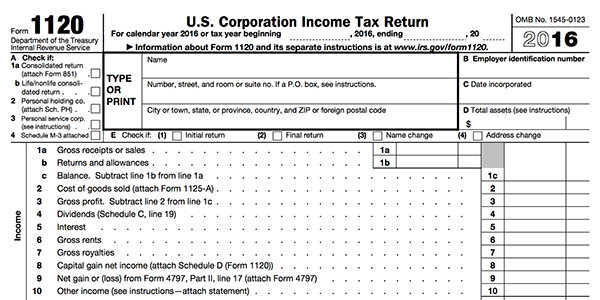
Ultrasonic Cleaning Technology
Ultrasonic cleaning is one of the ways engine builders can choose to clean parts, but what is it and how does it work? Is it the too-good-to-be-true stuff of science fiction or is it the best technique ever for cleaning the dirtiest of engine components? The truth, as they say, lies somewhere in the middle.
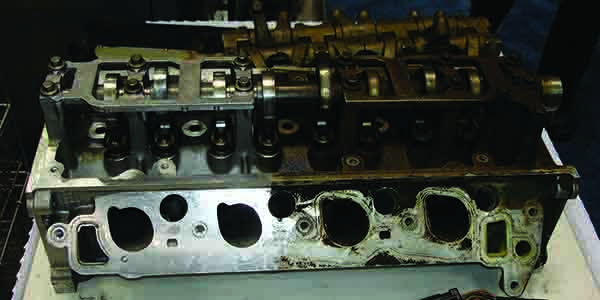
Valvetrain Components
One of the areas that greatly benefits from keeping everything in its proper position is the valvetrain, so let’s look at what can be done to help ensure that.
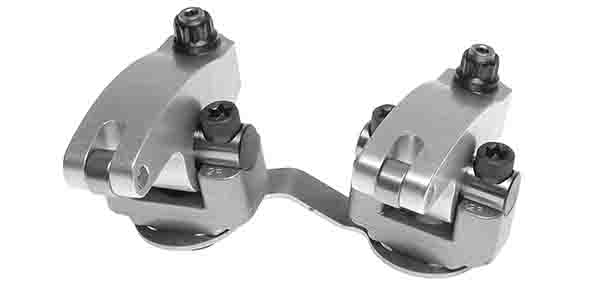
ARC Race Engines and ECarMover.com Sign Multi-Race NHRA Sponsorship
ARC Race Engines has announced a partnership that names eCarMover.com, an automotive shipping logistics company, as the title sponsor for the remaining four races of the 2017 NHRA Mello Yello Drag Racing Series.
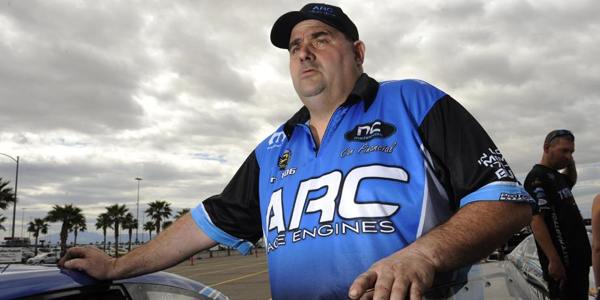
Under Pressure: The Importance of Getting the Right Amount of Spring Pressure
If we were to sum up the role that the valve spring plays in regard to its function as part of the overall valve train with one word, that word would be control. Considering that it is the predominant part responsible for keeping all of the valve train components in constant contact with the camshaft lobe, it’s easy to see how important getting the correct amount of spring pressure can be.
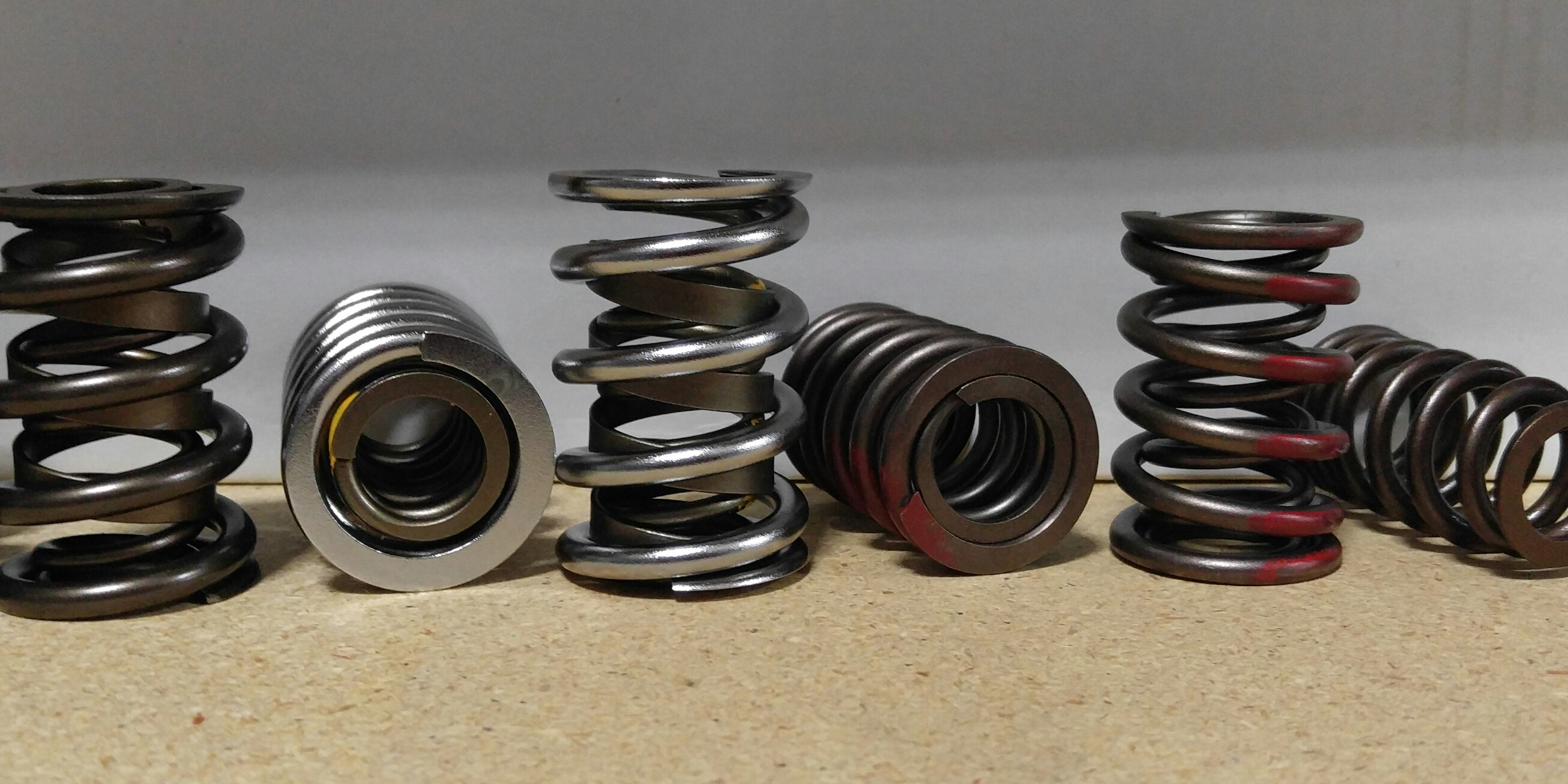
Machining Aluminum Engine Blocks
Aluminum engine blocks have been around for many years for both stock and performance applications. Aluminum has a number of advantages over cast iron, the most obvious one being weight.
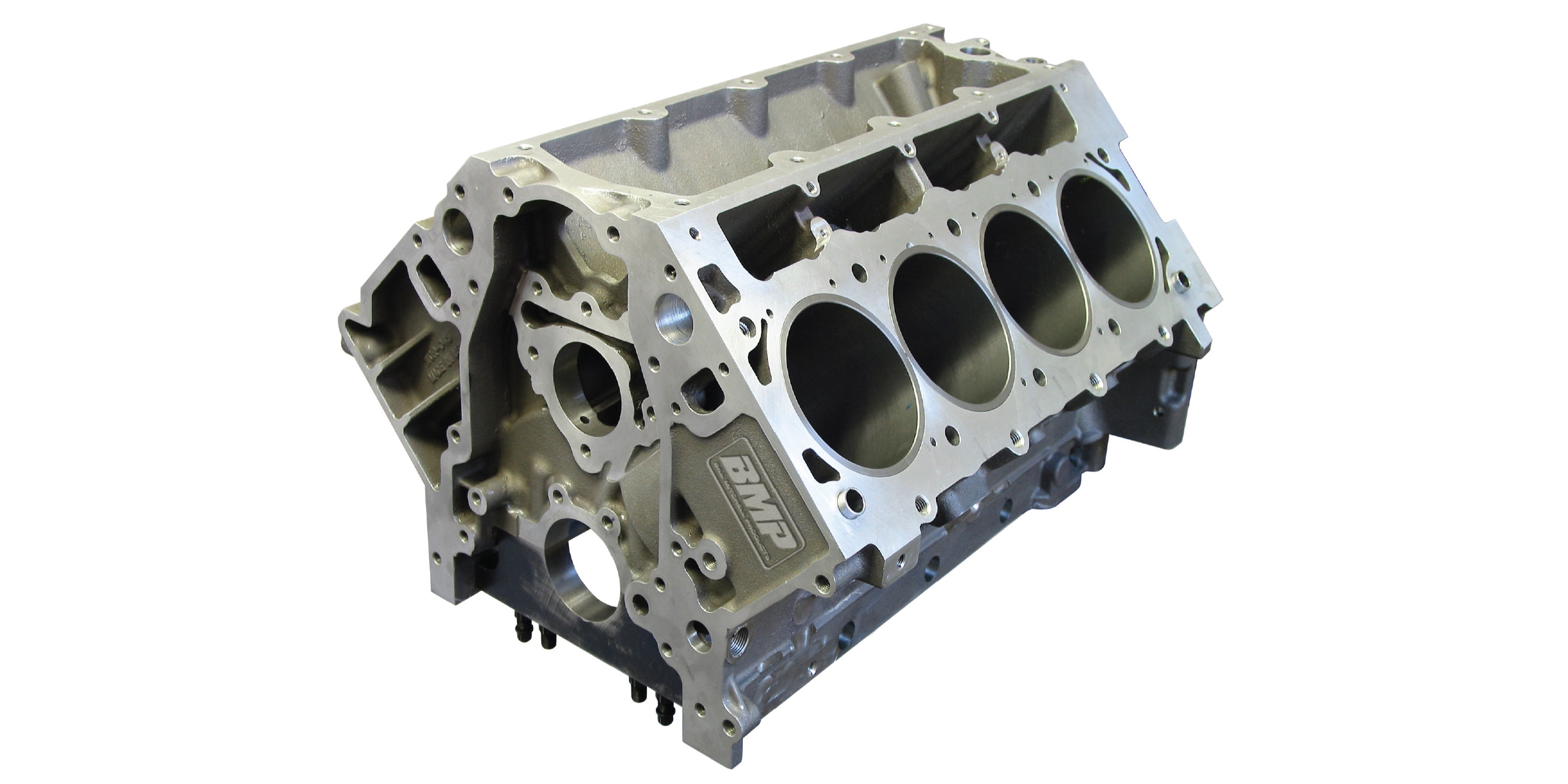
Salary and Benefits: Readers tell us who works for them, how long they’ve been there and what they get paid.
There are certain things, many of us are taught at a very young age, that a gentleman or lady does not discuss in polite company.
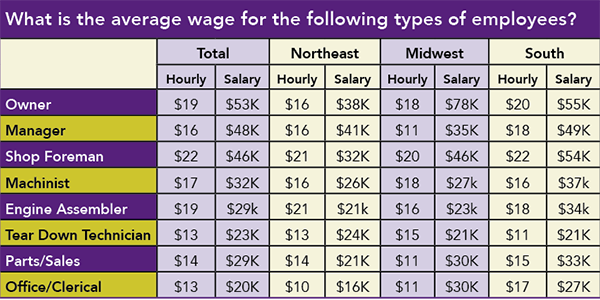
Tempering Horsepower Heat: Keeping Your Cool with Heat-Handling Accessories
Engines produce lots of heat, and the more horsepower they make the more heat they generate. Only about 35 to 40 percent of the heat energy released during combustion in a gasoline engine performs useful work by creating pressure that pushes the pistons down their bores. Diesels are a little better at 40 to 45 percent efficiency thanks to a higher compression ratio and reduced pumping losses (no throttle restriction). Even so, all internal combustion engines waste more heat than they put to good use.
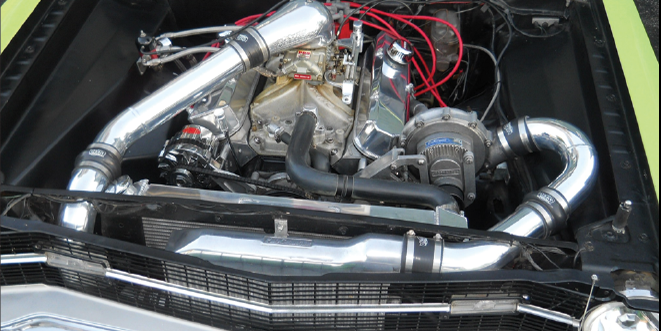
Love It or Hate It, Workers Comp is Needed…and Better Than the Old Days
Workers Compensation is a government mandated benefit for employees who suffer a work-related injury or illness. Say what you want about government-mandated anything, according to people in the know about such things, the system in place today is much better than the way things used to be!
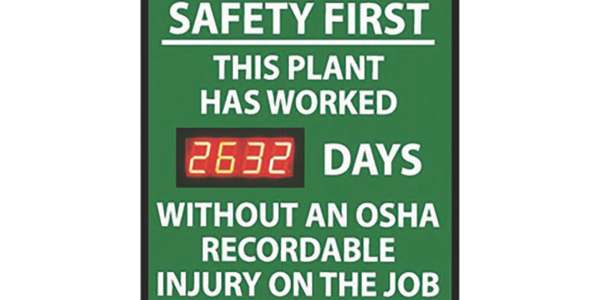
Understanding Engine Treatments – What components can benefit from coatings? You may be surprised at the treatments available.
If you were to place technological advances on a scale, I would say that engine coatings would probably rank near the top. Engine coatings have a lot of merit, but unfortunately are often overlooked. Engine coatings have a reputation that they are only beneficial for racing applications. Yes, coatings are regularly applied and highly appreciated
Assembly Lubes & Break – In Oils
Perhaps the most important property of lube oil is its ability to remove heat from a surface where two or more metals are sliding across each other. In much the same way as air flows around cylinder head fins to remove heat, oil flows through a bearing and removes the heat caused by friction. I
Numbers Don’t Tell The Whole Story
We ask a lot of questions. Yes, I can admit it – we’re a nosy bunch here at Engine Builder. Sometimes, our requests may come across as discourteous, intrusive or even downright rude. Because sometimes we ask hard questions, things that even I would probably hesitate to answer. Let me first say this: I apologize
Understanding Diesel Diagnostic Trouble Code P0251
When working on Cummins engines that are Common-Rail injected (2003 MY and up), you may experience diagnostic trouble code P0251. The customer complaint is usually a loss of power when the truck is in a hard pull, especially when towing. I see this quite often at the shop. This code can be somewhat chronic if
The Science Behind Wet Sump Oil Pumps & Oiling System Upgrades
All automotive internal combustion engines are equipped with some type of pressurized oiling system. Oil lubrication is essential for reducing friction, preventing wear and cooling vital engine components. Pumping oil to the main and rod bearings creates a friction-reducing hydrodynamic film between the bearings and crank that allows the crank to spin with minimal friction.
Dyno Decisions – Your Test Requirements Should Dictate Your Correct Dyno
Most engine builders either have an engine dyno or rent the use of an engine dyno at someone else’s facility. The purpose of running an engine on the dyno is primarily a way of “protecting the investment.” This not only insures the workmanship of the engine builder but also the interest of the customer.
